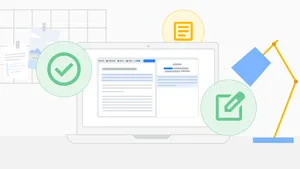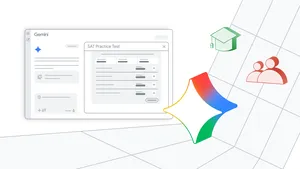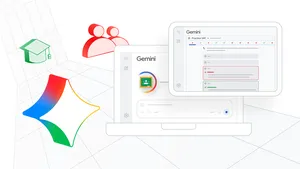Code Next: a commitment to cultivating young Black and Hispanic tech leaders

Today Code Next, an effort to find and foster the next generation of Black and Hispanic tech leaders, finds its first home in Oakland, California.
Our research shows that 51 percent of Black students and 47 percent of Hispanic students don’t have access to computer science (CS) classes in school. Without this access, students are unable to discover an interest in computer science or be inspired by the possibilities that come along with it. Code Next fills this gap with a curriculum to get students started, and provides opportunities that may have been otherwise out of reach.

Code Next aims to create ”aha!” moments that connect computer science to students’ everyday lives. It’s funded entirely by Google, and free for all participants. Partner organizations, such as Black Girls Code and local middle schools, nominate students to join, and the fun and culturally-relevant curriculum focuses on general CS concepts. Participants drive their own projects — such as designing and programming a robot and 3D printing an Android chess set — and after months of learning, become creators of technology that they can share with their community.

We’ve been running a pilot program for Code Next since January, 2016, but with the opening of our inaugural space, we’re ready for prime time. The Oakland location is a 1,500-square-foot lab conceived in collaboration with MIT Media Lab, The Unity Council and Kurani design. We’re also opening up a space in Harlem, New York, in 2017 — until then, students will attend classes at Google’s New York headquarters. We selected Oakland and Harlem based on density of the target student population and commitment to CS education at both the grassroots and partner levels. In the long term, our goal is to open-source the curriculum to educators everywhere.
During my visits to the pilot program, I was humbled by the participants’ questions, focus and commitment. Looking out over a crowd of 30 young people coding, white-boarding, and 3D printing — all while celebrating each other’s company — convinced me that Code Next has power to transform both our industry and the communities in which we live.






